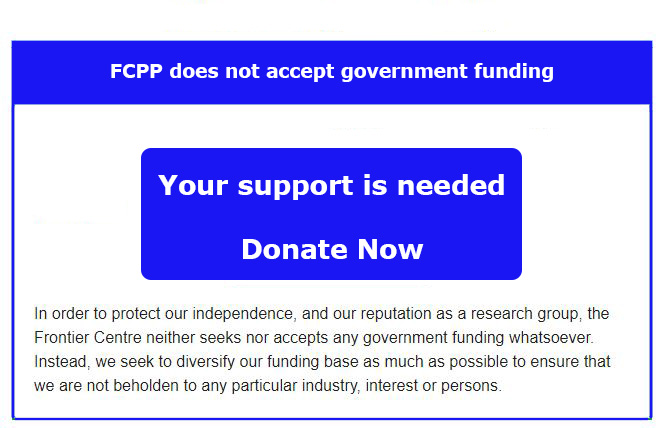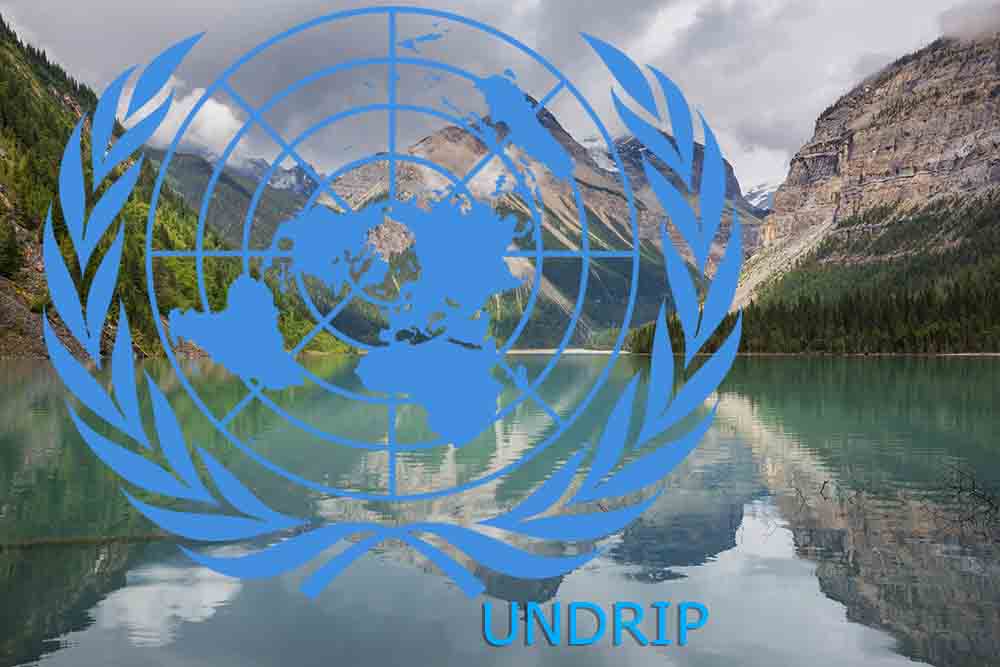Richard Gwyn, author of Nation Maker—Sir John A. Macdonald: His Life, Our Times, a biography of Canada’s first prime minister, reported that in the 1950s—the decade I grew up in—was a time “…when Canadians came to realize and believe that a ‘new nationality’ could be political rather than ethnic, or composed of values and attitudes, rather than races.”1
That’s how my generation was hard-wired. And it was the best way to be hard-wired. We recognized kids from different races, but their character was all that mattered.
Aboriginals in the small northern Ontario community where I grew up were generally quieter, less visible, much less a part of things—they were “different” from others.
Did they feel the same way about Canada?
In retrospect, they couldn’t have. They lived a benignly semi-segregated life most often on “reserves,” which was, after all, a profound and dividing social reality. That reality, the essentially tragic historical origins of it, and their culture, languages, and skin colour would have given rise to a different hard-wiring for them, a very different, inherited, inward narrative and sense of racial difference that shaped the way they saw the world.
But it was part of the zeitgeist then and we assumed that we would work those differences out, melding together, and over time eliminating whatever it was that was so fundamentally different between us. We assumed that somehow, sometime in the near future, we’d all end up being equals in every respect.
Our humanist assumption emanated from the confident, busy, and prosperous people we were then. The assumption highlighted what a civilized, progressive, “ideals-in-action” society Canada was becoming, and it seemed to be shared by everyone, from the bottom to the top.
Notwithstanding that some bigotries and prejudices existed then, they were slowly but steadily melting away. Our better angels would triumph in the relations between Aboriginal and non-Aboriginal Canadians. At that time, Aboriginals also assumed they too would end up being equal members of the Canadian family. It was only a matter of time.
But our assumptions have turned out to be seriously wrong.
Somewhere along the way, our Canadian elites, including Aboriginal elites, accepted the discredited “old world” model of political and social organization based on the primitive identification with racial groups. They dusted it off and brought it into the Canadian world to the continuing bewilderment and resentment of the majority of Canadians. This new ideology became the basis for improving the conditions of Aboriginals and “reconciling” them with non-Aboriginal Canadians.
Along the way, the liberal and humanist aspirations that were once common to all of us ceded to petty and chauvinistic tribalism, what Orlando Patterson calls “the reactionary impulse.”2
Our new Canadians, a great many of whom have immigrated from South Asia where a caste system remains prevalent, must be bewildered to see a major element of a caste system— special, hereditary rights possessed by one group of Canadians to the exclusion of others—now being entrenched in the Canadian legal and social fabric.
The troubling fact is that our elites’ solution to the intractable problems faced by Aboriginals is now being governed by a race-based, legal, political, and social system that is inherently divisive and illiberal. In other parts of the world, this kind of tribalism has proven to lead to negativity on the part of people, and social and economic failure, as Patterson clearly shows. In the future, even in Canada, it can’t lead to “reconciliation.”
I believe that the vast majority of Canadians disagree with this elitist-driven trend towards further legal and social separating of Aboriginal from non-Aboriginal Canadians. Most Canadians want our civic values that emphasize equality and the rights of the individual over the rights of groups to be the values governing our legal, political, and social systems. They correctly assume that these values will lead to improving the situation for Aboriginals in Canada.
Canadians, including me, are perplexed about where our elites are pushing us. Why are they so smug and self-satisfied with values and policies that are entrenching the reserve system? Why are these Canadians rejecting over 200 years of enlightenment thinking?
Consider that since the modern age began in the late eighteenth century, every social justice movement has been characterized by the demand that barriers to human equality be removed to make people more equal under the law.
The campaign to abolish the slave trade, the fight for women’s rights and universal suffrage, the trade union movement, the desegregation battles in America, the boycott of South Africa, and Gandhi’s struggles against the caste system in India were all progressive, enlightened causes characterized by the civilized desire to make all people more equal under the law, in politics, and in society.
The proponents of these equality campaigns, as we know, were initially derided and persecuted by the prevailing forces of the status quo. When the campaigns finally succeeded, the people affected unified behind them.
Instead of our elites working to bind us together on these crucial national issues as a way of bringing Canadian Aboriginals into a state of full equality with their fellow Canadians, the elites today are relentlessly driving us apart.
Many Canadians, including me, are puzzled at what our courts, governments, and other elites are doing. Despite their good intentions, these elites are making what was already a national disgrace into a national tragedy.
I am not saying that the 1950s were halcyon days to which Canada should return. But I am saying that however crude the path that both Aboriginal and non-Aboriginal Canadians were on towards equality was the correct path. And that path was a great deal better and safer than the divisive and dangerous path our courts, governments, and elites have now set us upon.
By now, Canada should have had its eyes opened to the evil of granting races of people any special legal and political status, something that we are reminded of every day by reports we see in newspapers and on television. It is shocking that we are doing so with respect to our already hard-pressed Aboriginal population and to our country.
Since before Confederation, Aboriginals have had special race-based legal status in Canada. But surely, we now realize that what happened 150 years ago was a product of those times and should not be an unchangeable template for the present or for the future.
We know now the harmful consequences of race-based thinking. Accordingly, we need to change that old template so that it accords with the present values embraced by most Canadians; that is, a system that compels us towards a common, shared, “one Canadian people” society with all citizens sharing equal rights and equal obligations.
Canadians need to restore our Western Enlightenment heritage of equality under the law as the heritage and value system by which we will be governed. Only by doing this will all Canadians be put on the shared path of progress towards true equality and social justice.
Peter Best has practiced law in Sudbury for 45 years, and he is an Associate Fellow at the Frontier Centre for Public Policy. He is the author of There Is No Difference – An Argument for the Abolition of the Indian Reserve System, (thereisnodifference.ca) which has been endorsed by retired Supreme Court of Canada Justice Jack Major.
Photo by Justin Luebke on Unsplash .
[show_more more=”SeeEndnotes” less=”Close Endnotes”]
- Richard Gwyn, Nation Makers: Sir John A. MacDonald: His Life, Our Times, Volume Two: 1867-1891 (Toronto: Random House, 2011), 243.
- Orlando Patterson, Ethnic Chauvinism: The Reactional Impulse (New York: Stein and Day, 1977).
[/show_more]



